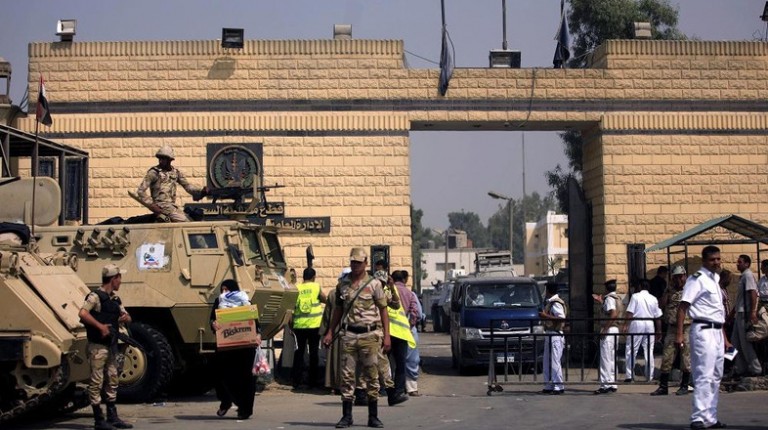For decades, by virtue of its position, Egypt was at the forefront of Arab and Islamic countries that interact with what is happening in the Palestinian territories, especially Jerusalem.
Egyptians remember how universities, trade unions, and sometimes schools in Cairo and major cities used to ignite demonstrations of anger whenever an attack by the Israeli occupation against the Palestinians occurred, especially if the arena was Jerusalem. However, in recent years there has been a significant decline in Egyptian demonstrations in support of the Palestinians in the face of Israeli violations.
The last demonstration took place timidly in 2017 on the stairs of the Syndicate of Journalists, against the US transfer of its embassy to Jerusalem, and ended with the arrest of several activists, journalists, and university students who had arranged similar demonstrations. The Egyptian silent position on what is happening in Jerusalem raises questions about why Egyptians have stopped demonstrating in support of Palestine. Is it the decline of the Egyptians interest in the Palestinian cause? Or is it the severe repression of demonstrations?
Political activist Muhammad Al-Kashef remembers how Egypt’s universities and schools and its streets were filled with demonstrations with every assault on Palestinians and how posters supporting Jerusalem covered the walls of institutions and buildings. Al-Kashef attributes the disappearance of demonstrations and activities in support of Palestine and Jerusalem to the vast difference in the security services’ dealings with the demonstrators now compared to the period of the late President Hosni Mubarak.
He says, “During the Mubarak era, those arrested would not complete a few days in detention, then they were released after a lecture by the State Security officer, about the need to take into account the conditions of the country, and the necessity not to resort to violence or attacks on facilities.” We felt that the officers in the depths of themselves respect us and do not hate us, Al-Kashef continues, “in complete contrast to what is happening now.” He continues: “When the activists organised a sit-in in 2017 after the transfer of the United States embassy in Israel to Jerusalem on the stairs of the Journalists Syndicate, those arrested at the time felt that the officers saw them as enemies of the homeland, and there were those who remained in pretrial detention for about two years.”
As for political analyst Alaa Farouk, he believes that the decline in media interest in the Palestinian issue, in general, had a great impact on the interaction of Egyptians with what is happening in Jerusalem, whether at the level of elites, intellectuals, activists, and even at the popular level. He adds that the internal conflicts and the bloody suppression of the opposition, especially what the Egyptians witnessed after July 30, 2013, underestimated what is happening in Palestine in their eyes. He continues, “They have seen the Egyptian security services – and indeed Arab ones – deal with their citizens with a cruelty more than what they see from the Israeli occupation soldiers.”
Also, many media outlets are opponents of the Palestinians, especially the Hamas movement, and most of the financiers of media channels, including Emiratis and Saudis, see it as an enemy of the Muslim Brotherhood and see that it is demonised by those channels, according to Farouk. He continues: “This demonisation has also contributed to changing the compass of those affected by these channels away from the Palestinian cause and limiting the enemies to sister countries instead of Israel.”
The journalist Mohamed Saleh attributes the decline in Egyptian interest in the Palestinian cause to the pressures of life besieging Egyptians. He says: “Most Egyptians have a low salary, and the successive and large increases in the prices of basic commodities and gas, electricity and water bills have eaten up their income, so some of them resorted to additional work that kills the remaining time.” He added that many Egyptians see that they do not have the luxury of participating in a demonstration or any kind of protest. They are arrested and absent from their work and sometimes dismissed.
However, he confirms that the retreat from participating in activities in support of Palestine does not mean that the issue has completely ended, evidenced by the significant interaction with the hashtags supporting Jerusalem and Palestine on social media.





Recent Comments